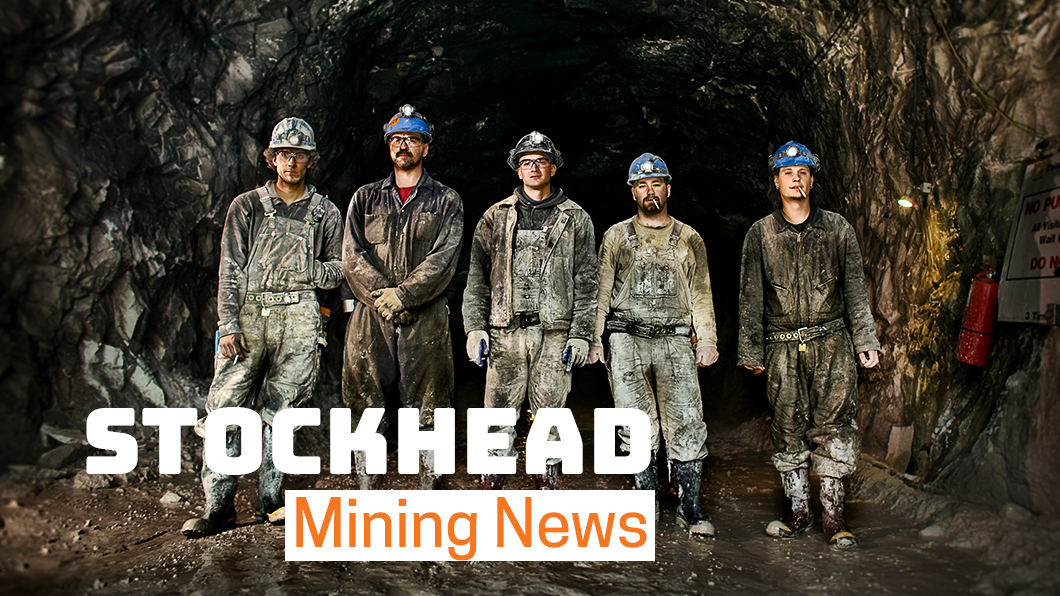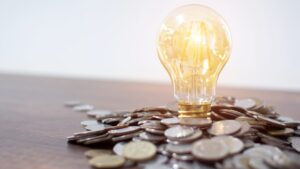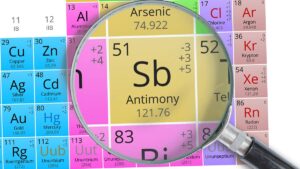Aussie miners need muscle if they want to cash in on battery metals boom

Pic: Tyler Stableford / Stone via Getty Images
Australia needs a strong mining sector if it’s going to be able to take advantage of the growing demand for renewable technologies and battery storage, according to West Australian mining minister Bill Johnston.
“There’s no doubt that there’s very few more exciting developments in the world than the move towards electric vehicles,” the minister told delegates at the three-day Africa Down Under conference in Perth, WA.
“Of course, we can’t have this new exciting renewable energy future with battery storage and other technologies without a strong mining industry.
“The world can only gain access to these new technologies because of the resources that we are taking out of the ground in each of the regions that we represent.”
Europe already has 1 million electric vehicles on its roads – beating the US, according to a recent report by The Guardian.
Europe sold 195,000 plug-in cars in the first half of this year, 42 per cent higher than for the same period of 2017, a report by Swedish industry consulting group EV-Volumes found.
There are about 3 million electric cars in the world right now — but if “policy ambitions continue to rise to meet climate goals”, that number could hit 220 million by 2030 — including 130 million electric and 90 million hybrids, the International Energy Agency says.
This is driving substantial demand for battery metals like lithium, cobalt, manganese and nickel.
- Subscribe to our daily newsletter
- Bookmark this link for small cap news
- Join our small cap Facebook group
- Follow us on Facebook or Twitter
West Australia has been pushing to become a battery metals hub.
The State government released a comprehensive report backing the establishment of a “Lithium Valley”, with locations like Kwinana (south of Perth) favoured.
The lithium-rich Pilbara has also been flagged as a possible contender for a processing hub.
WA is one of the world’s largest lithium producers. The State has five operating lithium mines, two under construction and one undergoing planning approvals.
The Greenbushes mine in the State’s southwest is the world’s largest and highest-grade source of lithium-bearing spodumene ore, contributing 40 per cent of the world’s current lithium supplies.
WA has also attracted investment from several majors looking to process lithium-bearing minerals into lithium hydroxide and lithium carbonate.
Chinese-backed Tianqi Lithium is spending more than $700 million on building a two-stage lithium processing plant in Kwinana.
US-based chemical company Albermarle and Chile’s SQM are also close to making investment decisions about downstream processing in WA.
Renewable energy is also a huge opportunity for WA, according to Mr Johnston.
“Here in Western Australia, we’re very excited about the opportunities for solar panels and microgrids to be deployed into remote communities in Western Australia, some of them thousands of kilometres from here in Perth,” he said.
UNLOCK INSIGHTS
Discover the untold stories of emerging ASX stocks.
Daily news and expert analysis, it's free to subscribe.
By proceeding, you confirm you understand that we handle personal information in accordance with our Privacy Policy.








